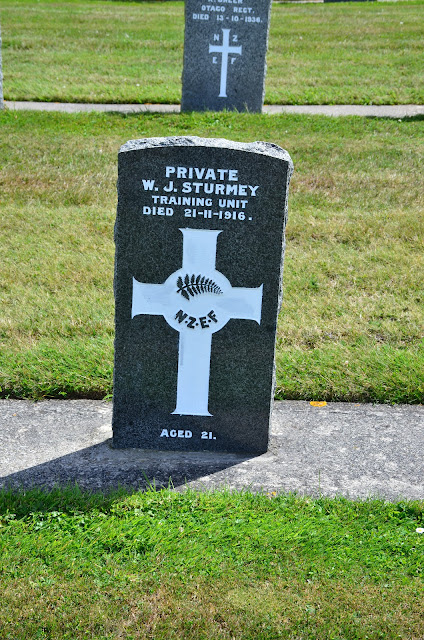DEATH FROM PHOSPHORUS POISONING.
An inquest was held before Mr C. C. Graham, S.M., and a. jury of six at Roslyn yesterday afternoon, touching the death of Janet Millar, wife of George Millar, who died at half-past 8 yesterday morning under circumstances which pointed to the conclusion that deceased had taken her life by eating match heads.
George Millar, husband of deceased, gave evidence that deceased underwent an operation for hernia four weeks ago, and had been confined to bed ever since. Since the operation she exhibited symptoms of her mind being affected. The expense of the operation seemed to prey on her.mind very much, although witness assured her there was no reason for anxiety on that point.
Elizabeth Marshall, niece of Mr V Millar stated that she had been attending deceased for three weeks. She had never been herself since the operation. Her mind at times seemed affected. She talked at various times of the expense of the same, and she said she wished she had not gone in for it. She was always harping on the operation and the expense of it. On Friday she was in very low spirits, as she was also on the previous day. She would not take her food, and commenced retching at night. She was ill all night and she complained that she had the same pain two or three times while the other nurse was there, and on witness asking her why she did not mention it, she said she did not want to make a fuss of it. Witness found a box of matches in her bed, and the matches had their heads off. She gradually sank, and died that morning at half-past 8, Dr Burns being with her at the time.
Dr Batchelor gave evidence that he was called early in February to see the patient by Dr Burns She was suffering from an internal complaint that was endangering her. life and a constant source of discomfort. An operation was decided upon, and performed on February 20. She was making a satisfactory recovery, but the nature of the operation necessitated her lying in bed some six weeks. Witness judged her from the first to be rather a peculiar woman, and the enforced rest seemed to prey on her mind. She seemed to him very unusually and very unnecessarily depressed. He called in now and again, more to encourage her than anything else as the case was almost entirely in the nurse's hands. On March 16 he called, as there was a change of nurses, one of the nurses having to go away. The patient seemed very depressed and weaker than usual, but beyond that there was nothing unusual. On Saturday her husband rang up and told him that she was vomiting, asking him for something for it. Witness said he could not account for it, and he would call and see her in the afternoon. About 10 minutes after he rang witness up again, saying that she had taken something, and would he call and see her. He went up again, and found her almost pulseless and in a state of collapse. He was told she had eaten the heads of a number of matches He believed 150 had been counted. Witness washed out the stomach, but the poison had evidently been taken some time. Witness ordered the usual remedies for phosphorus poisoning, and as the patient was really Dr Burns's he communicated with him. Witness looked upon the case as inevitably fatal. The cause of death was phosphorus poisoning. In washing out the stomach there was the usual odour of phosphorus. It was a severe operation, and as she was a peculiar woman previously it was possible her mind became unhinged from the shock of the operation.
A verdict was returned "That deceased died from the effects of poisoning by phosphorus caused by her eating the heads of wax matches when in a state of temporary insanity, the effects of a serious, operation performed on her four weeks previously." -Otago Daily Times, 20/3/1900.
FUNERAL NOTICE.
The Friends of Mr GEORGE MILLAR are respectfully invited, to attend the Funeral of his late WIFE, which will leave his Residence, High street, Roslyn, for the Southern Cemetery, THIS DAY (WEDNESDAY), the, 21st inst., at 2.30 p.m., passing the Octagon about 3 p.m.
HUGH GOURLEY, Undertaker, Clarke and Maclaggan streets. -Otago Daily Times, 21/3/1900.

















